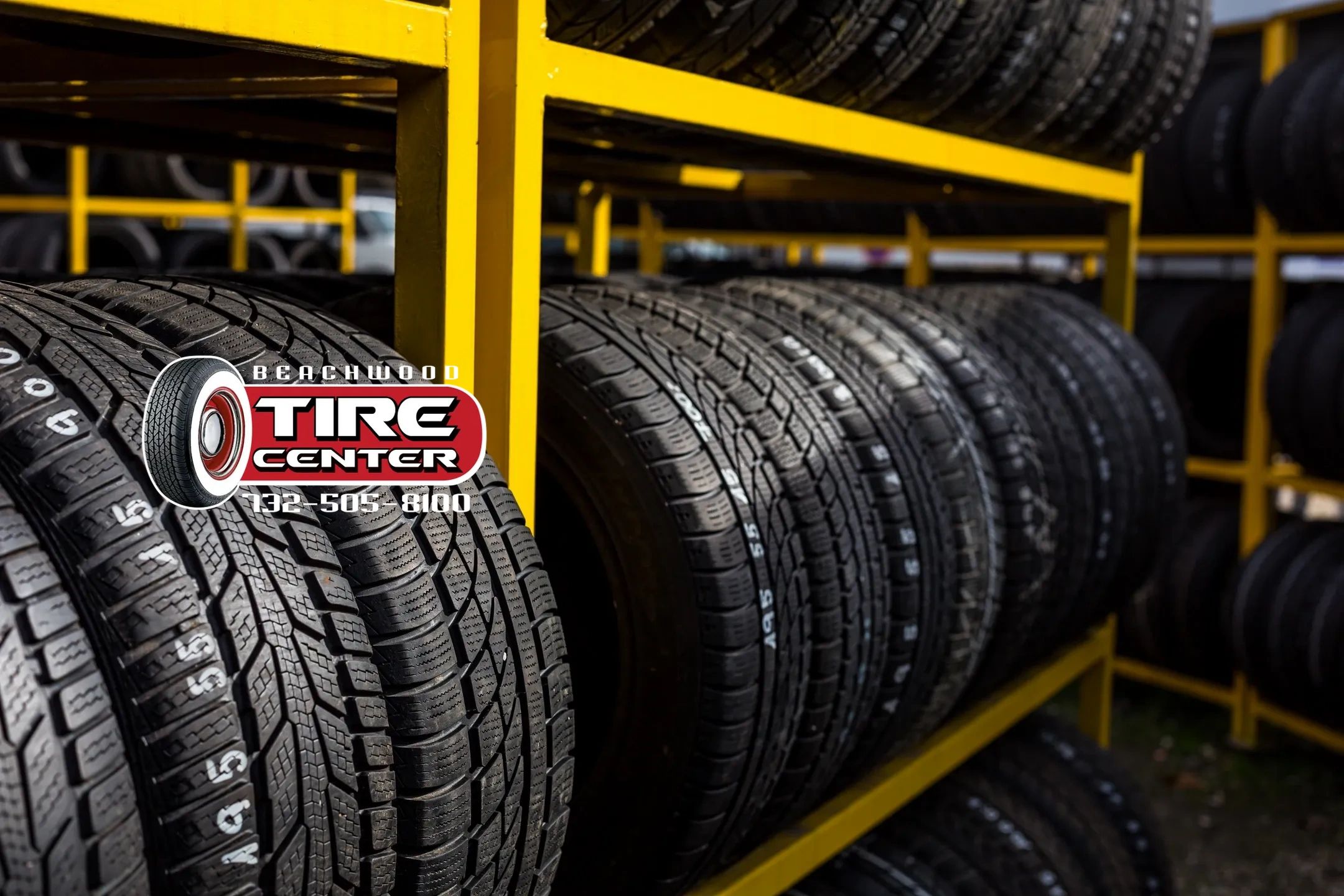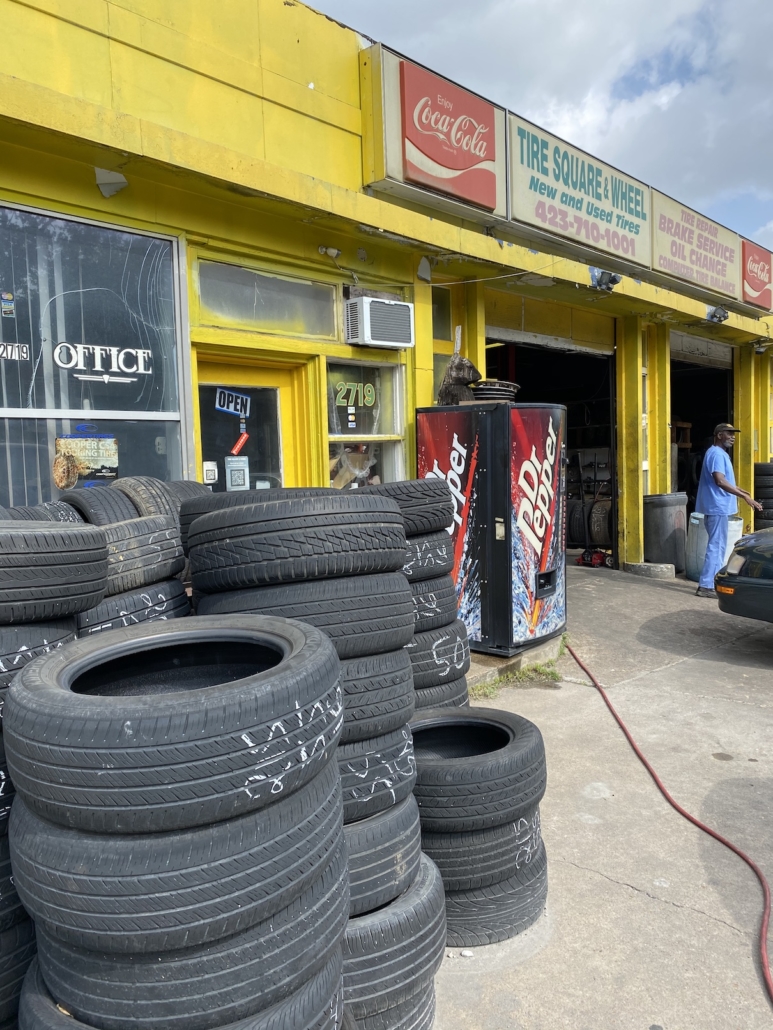Rev Up Your Drive with Morris Tire: Your Reliable Tire Shop Near Me
Rev Up Your Drive with Morris Tire: Your Reliable Tire Shop Near Me
Blog Article
The Environmental Advantages of Correct Tire Upkeep
Keeping appropriate tire treatment is commonly ignored, yet its effect on the atmosphere is extensive. Correct tire maintenance not just prolongs the life expectancy of tires yet additionally lowers landfill waste and adds to boosted air high quality.
Minimized Fuel Usage
Improving tire maintenance methods can lead to a substantial decrease in fuel intake for cars. According to the United State Division of Power, underinflated tires can decrease gas mileage by 0.2% for every 1 psi decrease in pressure in all four tires.
Along with tire pressure, routine tire turnings and placements also play an important function in gas effectiveness. Erratically used tires can increase fuel consumption as the engine works harder to maintain speed and traction. By preserving proper positioning and rotating tires at suggested intervals, motorists can guarantee even put on and extend the life of their tires, eventually saving gas and reducing their carbon impact.
Extended Tire Life-span
Expanding the lifespan of tires is a vital aspect of efficient vehicle upkeep practices that can produce cost financial savings and environmental advantages in the lengthy run. By effectively preserving tires, vehicle drivers can significantly extend their usability, decreasing the frequency at which new tires need to be manufactured and old ones dealt with. This not only preserves beneficial sources yet also minimizes the power and discharges linked with tire manufacturing and disposal processes.
Consistently examining tire stress, turning tires, and ensuring correct placement are vital actions in expanding tire life expectancy. Sufficient step depth is critical for optimal traction and security, but it additionally contributes in the length of time tires can be utilized before requiring replacement. Additionally, staying clear of aggressive driving actions that increase tire wear, such as severe braking and doglegs, can further improve tire sturdiness.
Eventually, raising the long life of tires via proactive maintenance not only profits the atmosphere by reducing waste and saving resources but also causes set you back savings for vehicle owners by delaying the demand for brand-new tire acquisitions.
Reduced Discharges Output
Reliable tire maintenance practices add to a reduction in emissions outcome, lining up with ecological sustainability goals in the auto market. By keeping ideal tire stress degrees, vehicle drivers can aid alleviate these unfavorable ecological effects.
Furthermore, well-maintained tires likewise enhance grip and reduce rolling resistance, better enhancing fuel efficiency. This, subsequently, lowers the amount of exhaust gases launched into the environment. In addition, ensuring tires are effectively blown up and straightened can prolong the lifespan of the tires, reducing the regularity of tire substitutes and the connected environmental expenses of tire production and disposal.

Decreased Landfill Waste
Offered the favorable influence of proper tire upkeep on lowering discharges result, you can try this out one more considerable environmental benefit is the possibility for lowered landfill waste. When tires are not kept correctly, they wear faster and require to be replaced extra often. This causes a higher volume of utilized tires being taken care of in land fills. By guaranteeing that tires are correctly pumped up, lined up, well balanced, and rotated regularly, their life-span can be significantly prolonged. This implies that fewer tires finish up in land fills, reducing the amount of non-biodegradable waste in these currently overflowing websites.

Improved Air Top Quality
Enhancing air high quality with appropriate tire maintenance methods is an important facet of lasting ecological stewardship. When tires are underinflated, they create a lot more moving resistance, resulting in raised gas consumption and higher exhausts of hazardous toxins such as carbon monoxide gas and nitrogen oxides. Properly inflated tires not just boost gas effectiveness yet also decrease the quantity of pollutants launched right into the air.
Moreover, well-maintained tires with appropriate tread deepness and positioning add to more secure motoring problems, minimizing the probability of accidents that can lead to the release of added pollutants into the environment. By prolonging the life expectancy of tires via regular maintenance and rotation, fewer tires are disposed of too soon, reducing the environmental influence of tire disposal and production procedures.
Final Thought
In conclusion, proper tire upkeep uses various environmental benefits. It original site is important for individuals to focus on tire maintenance as a straightforward yet effective way to shield the atmosphere for future generations.
Correct tire upkeep not only expands the life expectancy of tires but additionally lowers garbage dump waste and adds to enhanced air quality - tire shop near me. By preserving appropriate alignment and revolving tires at advised intervals, chauffeurs can ensure even extend the life and put on of their tires, inevitably conserving fuel and decreasing their carbon impact
By appropriately preserving tires, motorists can considerably lengthen their functionality, decreasing the frequency at which new tires require see post to be produced and old ones disposed of.Routinely inspecting tire stress, rotating tires, and ensuring correct alignment are necessary actions in extending tire life-span. Additionally, making sure tires are effectively inflated and aligned can expand the life-span of the tires, lowering the regularity of tire substitutes and the associated environmental expenses of tire manufacturing and disposal.
Report this page